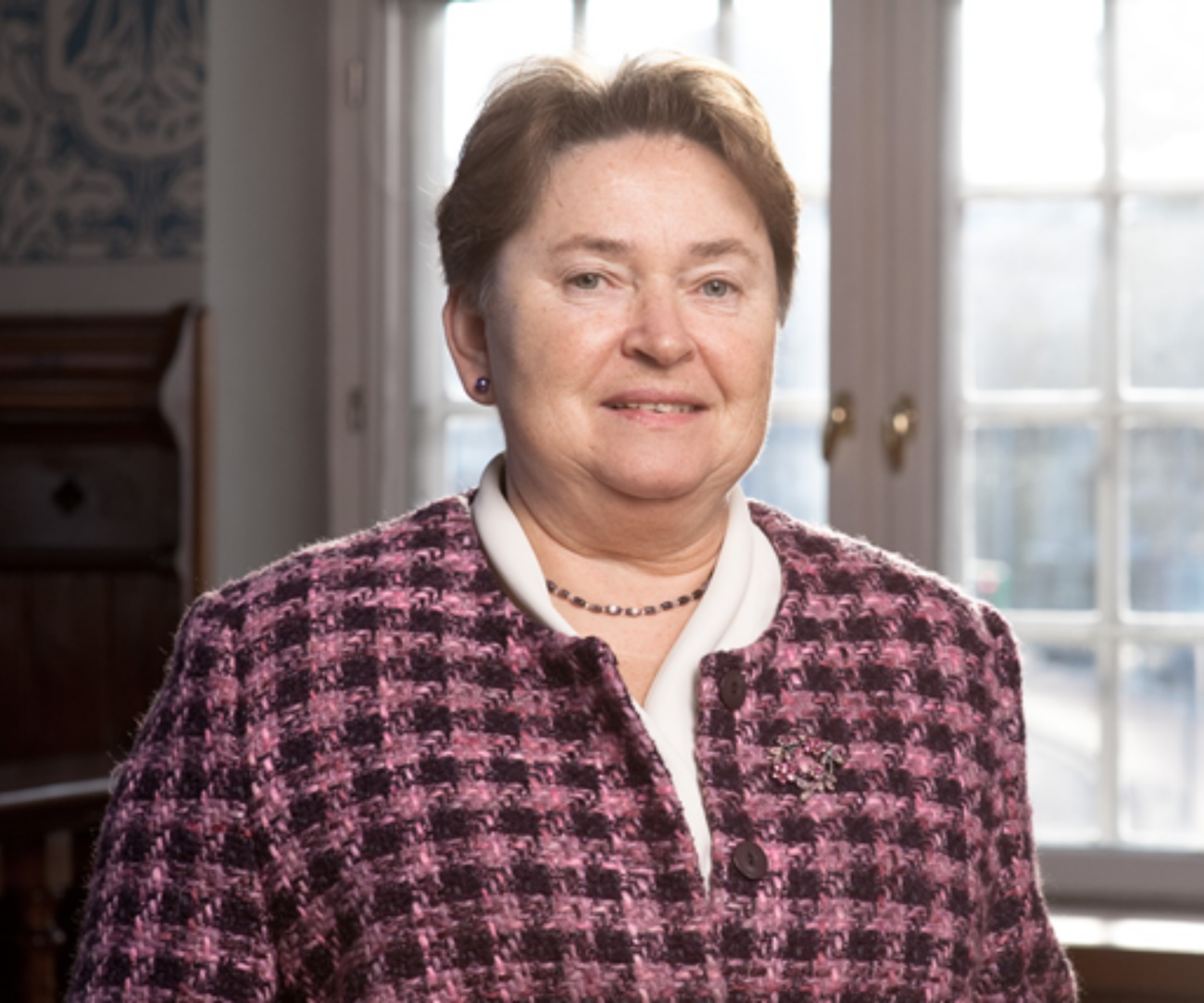Interview with Ewa Chylinski
Can you tell us a little bit about your connection to the ECMI? How have you been involved in the ECMI activities?
I served as Deputy Director from November 2004-December 2011. This was a new position which I developed particularly to expand the ECMI's projects and programs based on donor fundraising. It implied also extensive reporting system (substantial and financial), establishing field offices in several countries. The key activity of the ECMI at that time was creation of strong synergies between research and immediate practice in the field in collaboration with local governments and civil society, resulting in several hands-on publications on minority governance. We also used that aspect in cooperation with several international organizations such as OSCE, CoE and various important foundations and institutions in Europe, such as Volkswagen Foundation, Konrad Adenauer Stiftung etc. Cooperation with minority organizations and institutions in the border region extended the ECMI's reputation to other European border regions and beyond.
Do you remember the first time you visited the ECMI Headquarters in Flensburg or an ECMI event? What was the occasion and how do you remember that day?
I have known the ECMI since its founding and having previous relation with other institutions in the region I followed developments from a distance, while working abroad. After having applied for the Deputy Director position, I was invited for an interview and met with most of the staff that day. It was quite intensive, and I realized that developing a new position would be exciting but also challenging!
The ECMI opened its doors 25 years ago. In your opinion, how has the research on minority issues changed over the past 25 years?
I think the research has gone through several phases as minority issues and particularly minority governance evolved over time. From recognition over integration and now to more equality issues, the topic will continue to evolve. Although more and more countries in Europe have ratified the big minority protection conventions, there are still pockets of non-compliance. One tendency is perhaps more visible – the legal commitments do not necessarily reflect existing practices and therefore, there is more need for applied research.
What do you think was the ECMI’s biggest contribution to the minority research so far?
I think the combination of research and practice and speedy, extensive publication of the outcomes in different formats (i.e. papers, handbooks) as well as activities such as summer schools has made the ECMI visible in wider Europe.
In your opinion, what makes the ECMI unique and sets it apart from other research institutions dealing with minority issues?
There are several aspects – again a synergy between research and practice (perhaps less prominent nowadays), collaboration with minority organizations locally and internationally, the ECMI´s non-partisan approach gives the opportunity to cooperate with governments as well as with civil society organizations.
Thinking about the next 25 years, where do you see the role of the ECMI in minority research? What are the new developments and challenges for which the work of the ECMI might be useful?
I think the ECMI should continue its core mission as there is still a lot to be researched, practiced and published on minority governance in Europe, nonetheless vis-à-vis a perception that once the legislation is in place the issue is resolved. It may only be partially true as equality issues are still pending in many societies once we look deeper into their fabric. It can be the right to participate in local governance, equal access to public and private services and many other slightly “hidden” aspects, not to speak about the use of minority languages. That may be a new challenge for ECMI to be addressed in the future, based on ECMI research-practice approach.
Ewa Chylinski is a consultant for international organisations in minority issues within the topics of minority governance, linguistic rights and conflict recovery. She was the ECMI Deputy Director until 2011. She had also worked for the Business Development Office for Western Jutland or the OSCE ODIHR office.


